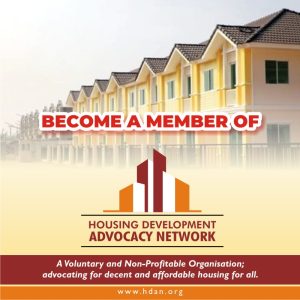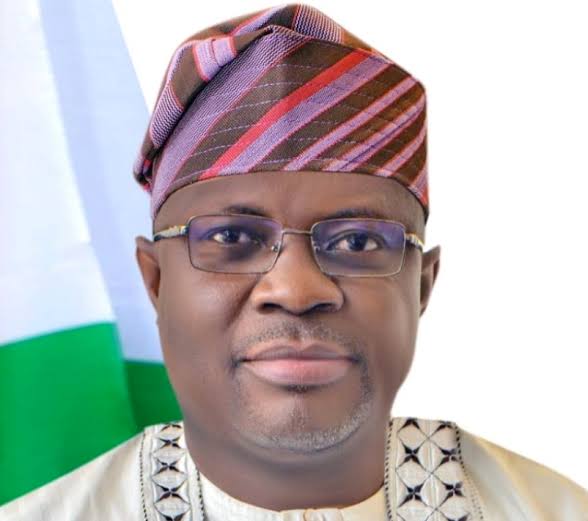The Federal Ministry of Housing and Urban Development is set to convene the 13th edition of the National Council on Lands, Housing, and Urban Development (NCLHUD) at the Gombe International Conference Centre on Airport Road in Gombe State.
This significant event, themed “Housing the Future: Affordable Housing for Economic Growth, Climate Resilience, and Urban Development,” will begin on Monday, November 11, through Friday, November 15, 2024.
The council is recognized as the premier policy advisory body in Nigeria’s lands and housing sectors, bringing together top officials and decision-makers to shape the nation’s future in urban development and affordable housing.

The council will address critical aspects of urban and housing policy with a focus on economic growth, climate resilience, and the development of sustainable housing options.
This year’s edition will also feature high-profile attendees, including the Honourable Minister and Minister of State for Housing and Urban Development, the Permanent Secretary, and directors from the Federal Ministry of Housing and Urban Development. Commissioners for Housing and Urban Development from all states, along with their permanent secretaries and directors, are also expected to participate, highlighting the focus on affordable housing and sustainable urban planning nationwide.

Also expected to attend the event are the Surveyors-General of both the federal and state governments, along with the Managing Directors of the Federal Mortgage Bank of Nigeria (FMBN) and the Federal Housing Authority (FHA) among others, underscoring the Council’s commitment to a comprehensive and collaborative approach.
The Council will explore how affordable housing can contribute to Nigeria’s economic resilience and growth by creating job opportunities, stimulating economic activity, and addressing the significant housing deficit in the country.
Additionally, the discussions will cover the integration of climate-resilient infrastructure and eco-friendly urban development to enhance the sustainability and livability of Nigerian cities.
Participants and stakeholders are encouraged to actively engage in the discussions to drive development and investment in the sector.



